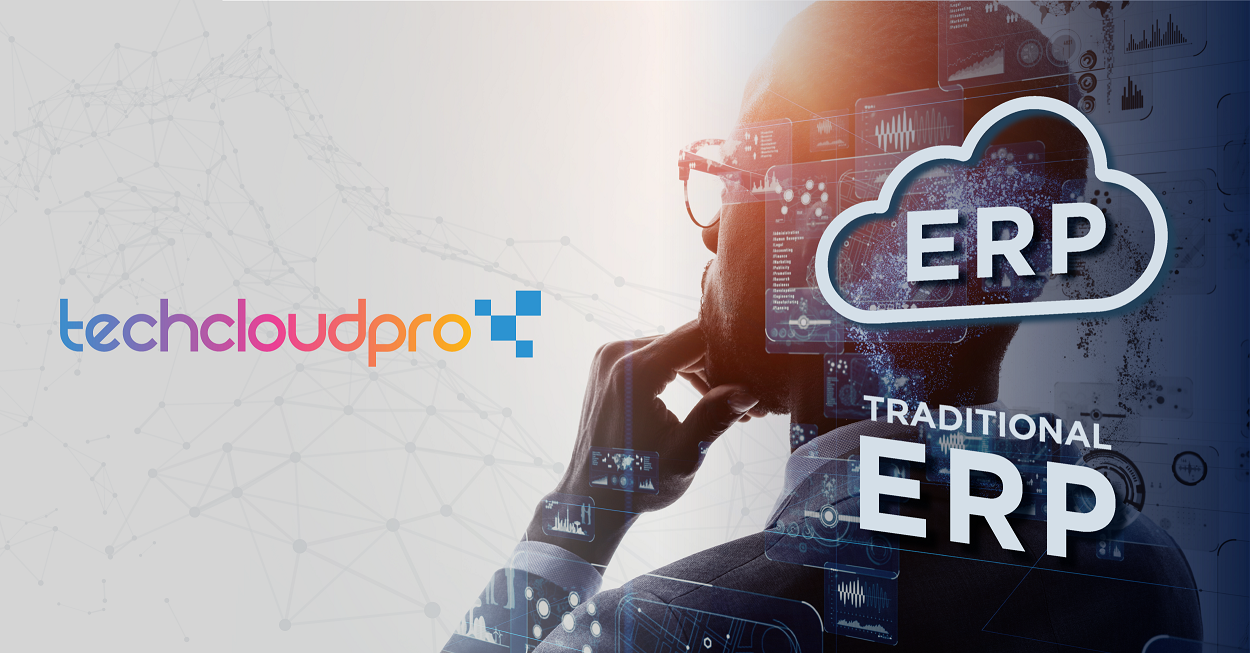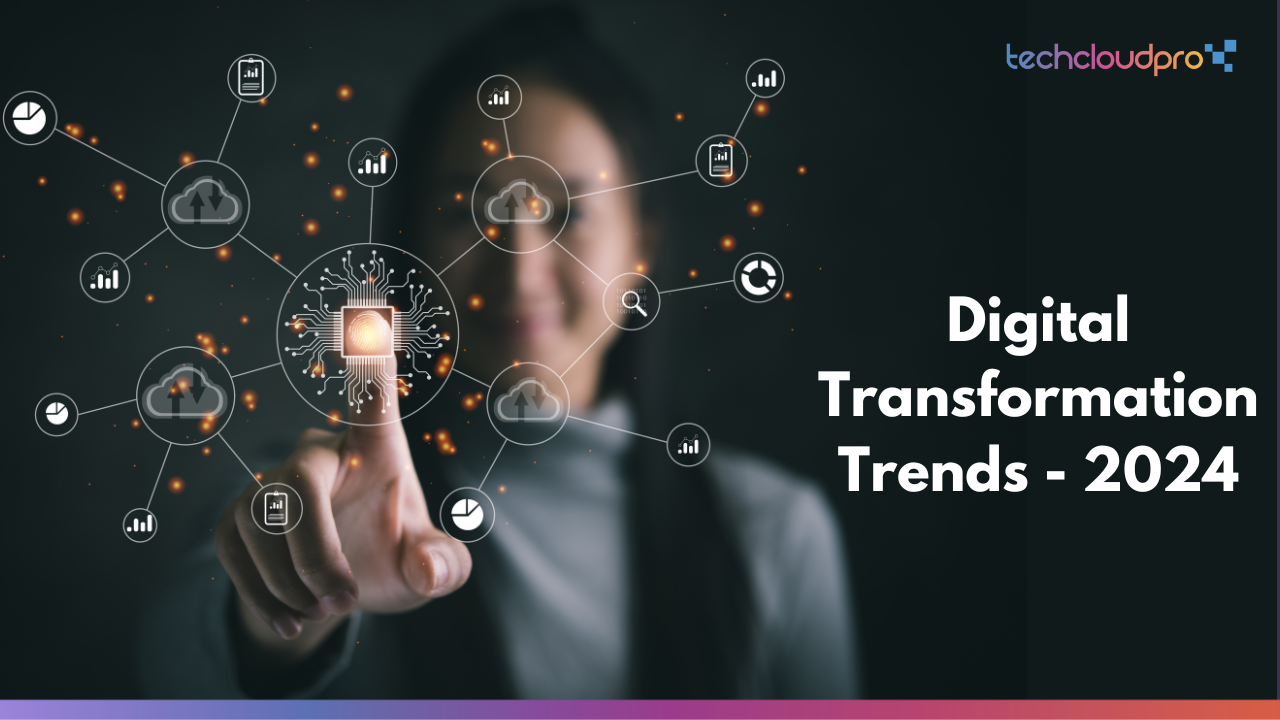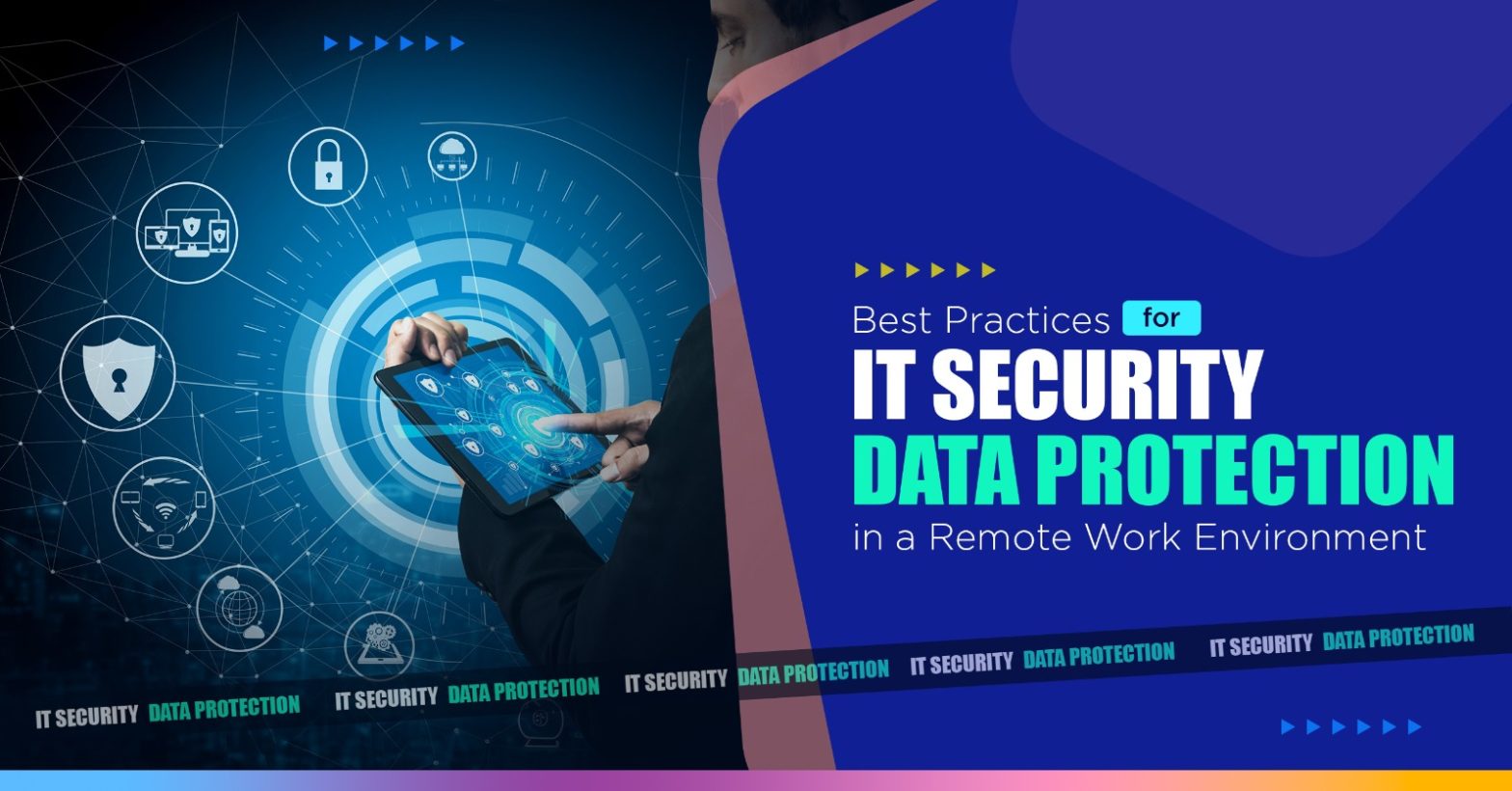Cloud-based ERP vs. Traditional ERP: Which one to choose?
Posted On September Wednesday 29, 2021

Well, choosing between a cloud-based ERP vs. a traditional ERP can be quite confusing for those who are not aware of the in-depth characteristics of each of the software. In today’s business landscape, cloud systems have gained huge strength due to its numerous advantages present in the model.
However, decision-making needs to be based on facts and carefully analyzed.
Thus, to solve your doubts, we have prepared a comparison between the two versions of ERP software available in the market. We are sure after going through it, you can make the decision based on real-time insight!
For a start, it’s worth knowing a little more about the concept of cloud computing and how it applies to management software.
What is cloud computing?
Cloud computing is the delivery of computing services over the internet, using storage, database, tools, and saving the work on the network to access them later only when connected to the internet. To access this data, it is not necessary to install any program or application. It can be accessed from anywhere and at any time in the world, with no restrictions.
But, how does cloud computing work from a business perspective?
Microsoft, an American Multinational technology company, makes large-scale use of this technology and defines Cloud Computing as follows: “To put it simply, cloud computing is the delivery of computing services – servers, storage, databases, networking, software, analytics, and the Internet (“the cloud”). The companies that offer these computing services are called cloud providers, and they usually charge for cloud computing services based on usage, just as you would be charged for your water or electricity bill at home.”
Moreover, the concept of providing cloud computing services to the business field basically means using internet space to store and process relevant information in routine work. This service is usually offered through a web application, which is an easy-to-operate platform and has very intuitive commands. In addition, this facilitates the work of information technology (IT) in using resources and managing accounts, especially adopting software as a service.
What is Cloud-based ERP?
Cloud ERP is service-based software that enables users to access Enterprise Resource Planning (ERP) software over the internet. In other words, it offers a ready-made solution in the cloud without the need to install any resources in the customer’s IT infrastructure. Simply create the account, make the system parameterizations, and it is ready to use the tool on day one itself.
What is Traditional-based ERP?
The traditional ERP or on-premise ERP is the software installed on the company’s own hardware and servers which requires specialized IT departments to handle the database security maintenance and upgrades. Be it the manpower or long-term maintenance costs, it’s a huge expense for the business.
Cloud-based ERP vs. Traditional ERP
Let’s take a closer look at them:
Security: one of the biggest concerns
The data in your Cloud-based ERP is hosted in professional data centers. This translates into constant automatic backups, data replication, highly controlled and encrypted firewalls, and operating systems. In addition, these infrastructures have automatic and uninterrupted feeding methods, having high levels of security regarding the access of personnel to their facilities. Your data will always be safe, encrypted, and redundant.
Even, if you lose your internet connection, you can still have access to your data. A hybrid configuration allows you to have a local copy of your files on your personal computer. For example, Dropbox or Google Drive works with this system. You can have the best of both worlds thanks to the cloud system.
But, in a Traditional-based ERP system, any failure can be highly costly for the company and almost always implies a loss of data. What risks are you exposing yourself to with a local computer system? Hard drive failures
- Power outages and power surges.
- Errors in the operating system and its updates.
- Security breaches (hackers, viruses, Trojans, DOS attacks, etc.)
- Destruction of hardware by theft, fire, or others.
Deployment Cost
Another key difference between the cloud and the on-premises solution is value. Although there are many exceptions to this rule, in general, the cloud system has a more affordable price since your contract is based on a monthly subscription, where all the additional periodic expenses for support, training, updates, and infrastructure are already added.
Whereas, the local ERP system implies greater investments, ranging from the purchase of the perpetual license to all investment in infrastructure with hardware, servers, and the hiring of specialized people. If your company is considering having a traditional-based ERP solution, then it is essential to start budgeting for all the points that involve costs and also think about hiring and training qualified personnel for the operation.
Scalability
Using the cloud-based ERP allows you to have access to the latest technologies and updates immediately. In addition to this, the cloud is also very scalable. The company pays for the amount of space it needs, and if you need more, you can request it from the vendor, and you’re done.
With on-premises deployments, the business is responsible for updating the systems, and this can be much more technical and complicated than using a cloud service. Another factor to consider, as we mentioned earlier, is that technology is advancing at a very rapid rate, which means that any server you buy is likely to become obsolete after use for several years.
Wrapping Up
Coming to our point of view – a cloud-based ERP like Oracle NetSuite, helps businesses to modernize and face their challenges from different angles. With their range of scalable, adaptable, and secure solutions, they optimize the operations of all kinds of businesses in different phases of growth.
At Techcloudpro, our NetSuite Consultants will help you drive the digital transformation of your company, designing and implementing the perfect solution for your business processes.

